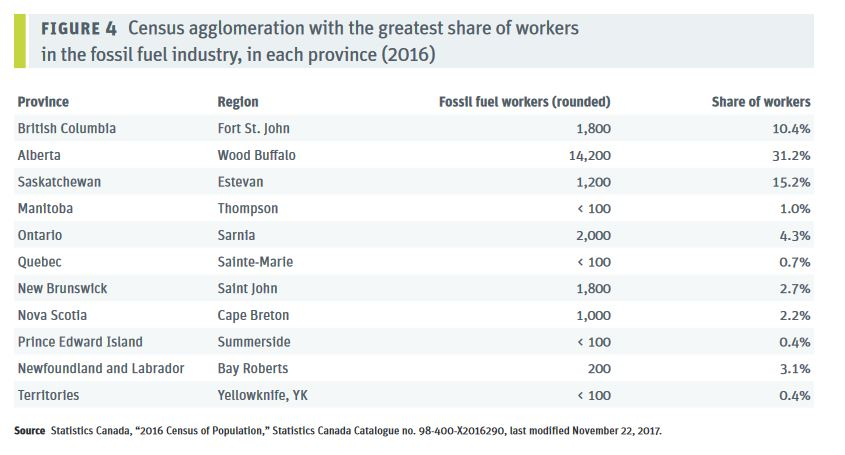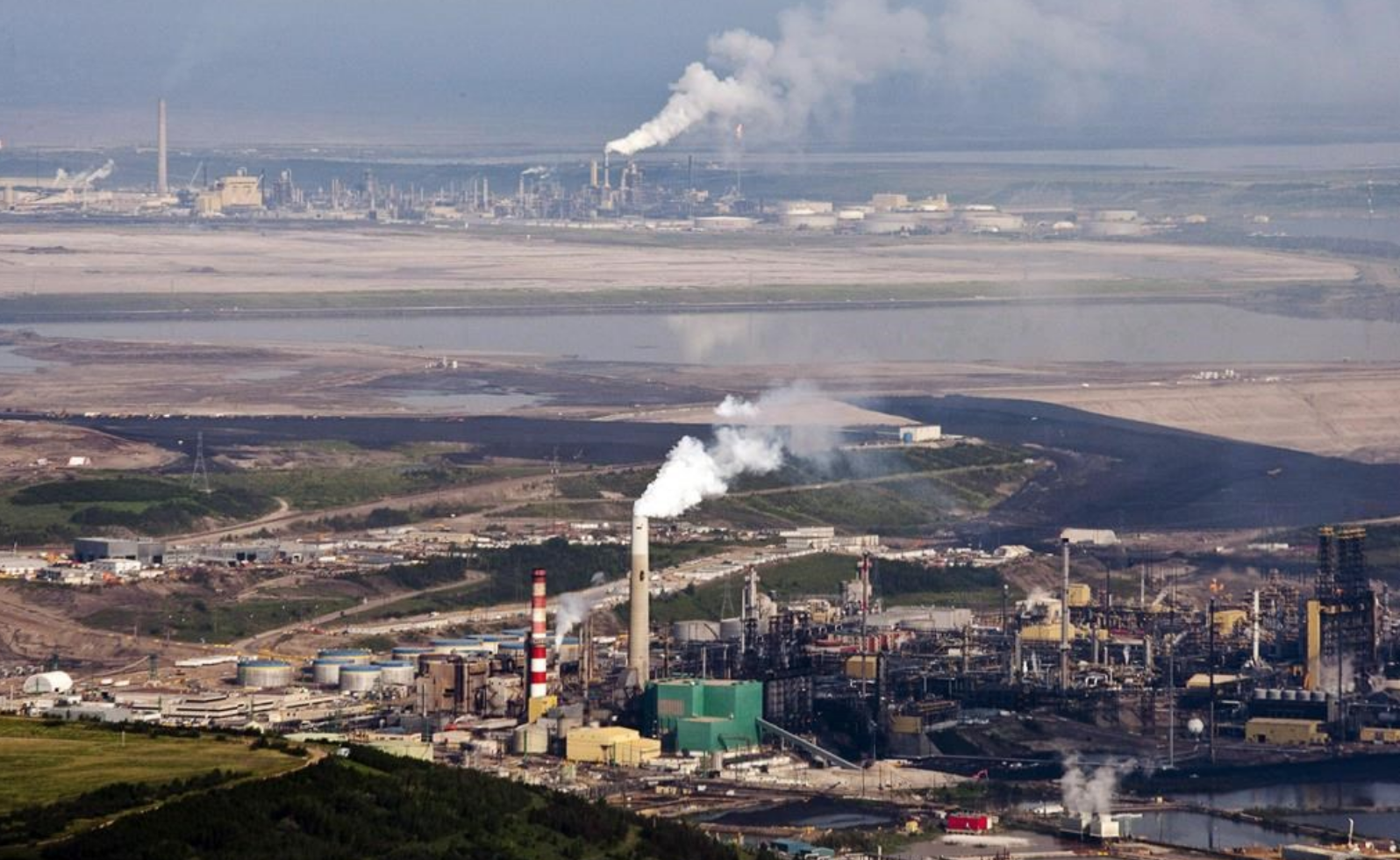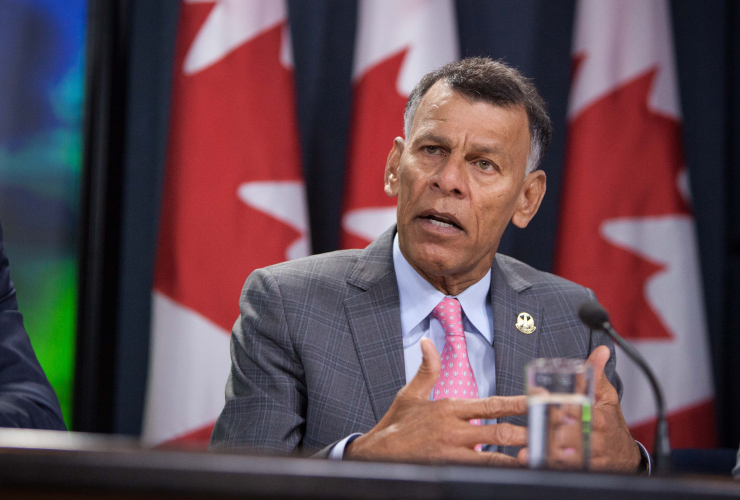Canada is not sufficiently prepared to help workers survive the transformational scale of change planned to green the economy over the coming decade, says a new report.
The scope of the country's “decarbonization challenge” means existing policies like employment insurance, job training and green infrastructure funds are “insufficient,” said a Jan. 25 report by the Canadian Centre for Policy Alternatives (CCPA).
“Canada needs to invest much more in job creation, social security, and workforce development policies to ensure a successful and just transition to a zero-carbon economy,” the report reads.
Labour and environmental groups have called on governments to provide what’s known as a “just transition,” meaning fair treatment of workers who will lose their jobs as a result of green policies like the coal phase-out.
The report outlines several transition policies already in place in Canada, but concludes that they are too weak.
For example, the CCPA calculates roughly $50 billion in planned federal spending on the green economy over the next decade, which the report notes will create “tens or possibly hundreds of thousands of permanent, full-time positions.”
While a significant amount, it is noteworthy that the Conference Board of Canada estimates a cost of $2 trillion by 2050 to meet the government's international climate change commitments.
Meanwhile, the CCPA says employment insurance is sufficient in principle but “in practice, the program has been gradually eroded over the past 75 years to the point where major deficiencies have emerged.”
"Existing social security and workforce development policies go some way...however, these policies are insufficient given the scope of the decarbonization challenge," it reads.
CCPA is calling for a national economic strategy that co-ordinates public spending with workforce initiatives. It also wants to see policy packages "targeted” to communities with a high proportion of fossil fuel industry jobs, as well as investments in apprenticeships and training for low-carbon jobs, and better social security programs.
“We’re arguing that governments need to be a bit more proactive in putting supports in place for those communities that will inevitably be affected by a transition off fossil fuels,” Hadrian Mertins-Kirkwood, the CCPA trade and climate policy researcher and report’s author, said in an interview.
Canadian Labour Congress president Hassan Yussuff told National Observer in November 2017 that the government had no plan in place for coal industry workers, despite promising to create a "task force" to help it develop just transition policies.
But criticism turned to praise the next day after Environment and Climate Change Minister Catherine McKenna said the government would keep its promise to create the task force. McKenna said she expected to launch it early in 2018, and it would include members of the labour movement.
Reached on Jan. 24, a spokeswoman for her office confirmed that the task force was still forthcoming, but did not offer a specific date or details about its makeup.
“We committed to a just transition task force as part of our commitment to phasing out traditional coal power by 2030,” said Marie-Pascale Des Rosiers. “That task force will give us expert advice on making the transition away from coal a fair one for workers and communities.”
Canada has also partnered with the World Bank to support a just transition for displaced workers and communities in developing countries, as they too rid themselves of coal-fired electricity. The World Bank has said it will no longer finance most upstream oil and gas projects after 2019.

One per cent of workers are in fossil fuels
The CCPA study examined census data to single out the regions of the country that directly employ workers in sectors like oil and gas. It found that “only one per cent of Canadian workers are employed by the fossil fuel industry.”
Those workers are concentrated around natural resources or commodity commerce hubs in the prairies and on the East Coast. Around Fort McMurray, Alta., for example, in the heart of the oilsands, a third of the workforce is directly employed by the oil and gas industry, the report stated.
Similarly, the area around Calgary, Alta., where many energy firms have headquarters, is home to over a quarter of the national total of oil, gas and coal workers.
Saskatchewan to Alberta's east has the second largest share of fossil fuel jobs — about one in 35 — while Newfoundland and Labrador, adjacent to offshore oil reserves, has the third greatest share — about one in 50.
There are smaller communities in other provinces, as well, where the portion of jobs connected with fossil fuels are high, though absolute numbers are relatively low. These include Cape Breton, N.S.; Saint John, N.B.; and Fort St. John, B.C. On the flip side, dozens of communities in Ontario and Quebec don’t have any such workers, the report noted.
The upshot to this uneven distribution is that just transition policies need to be “targeted at the regions hit hardest by decarbonization,” it said.
“Without co-ordination the greatest benefits from new investments may flow disproportionately to areas that are already ahead in the shift to a zero-carbon economy (e.g., Ontario and Quebec) at the expense of more vulnerable regions (e.g. Alberta and Saskatchewan).”





Comments